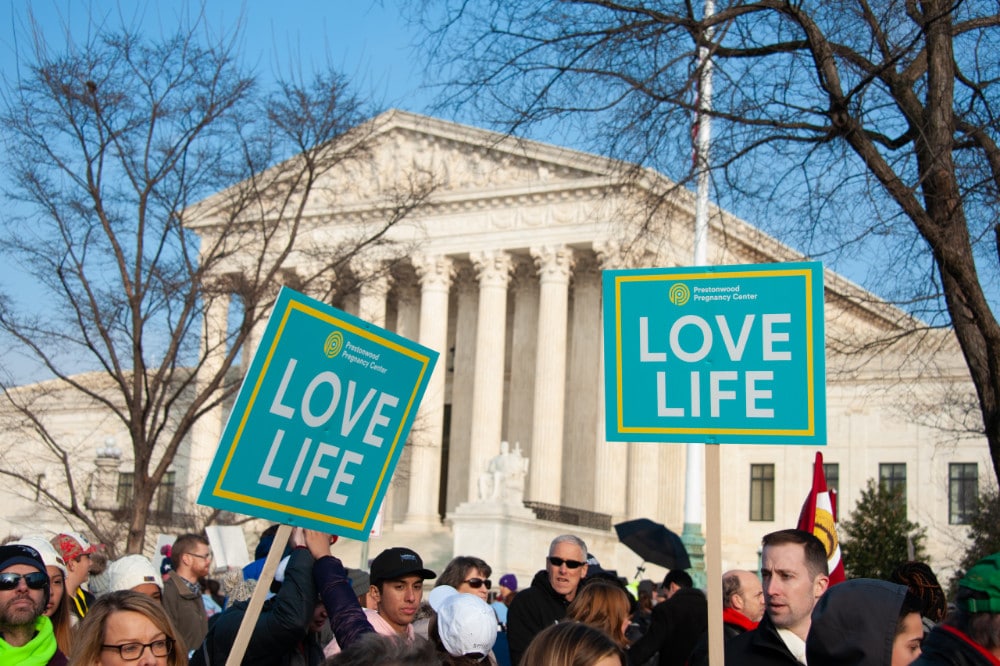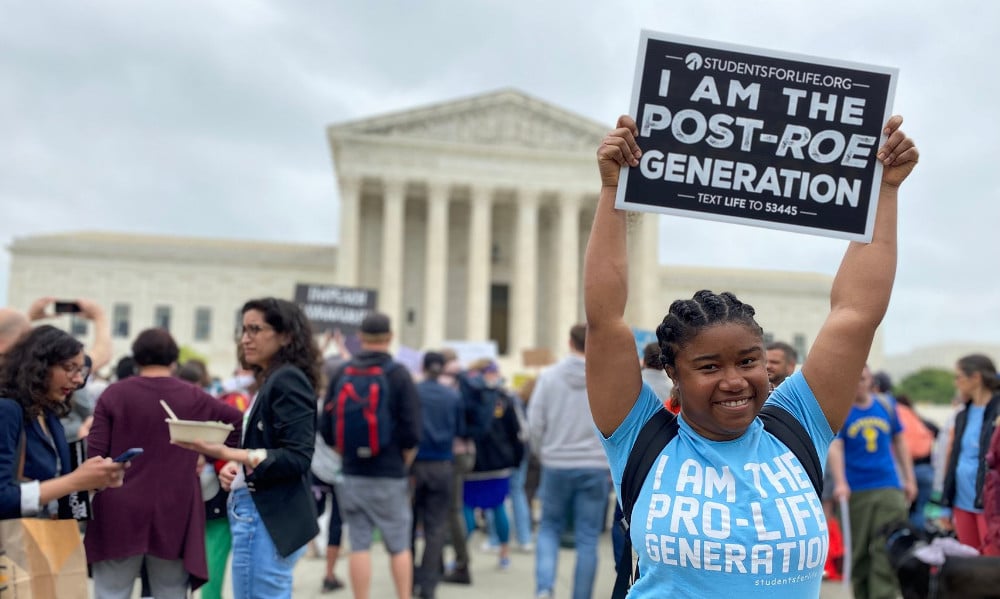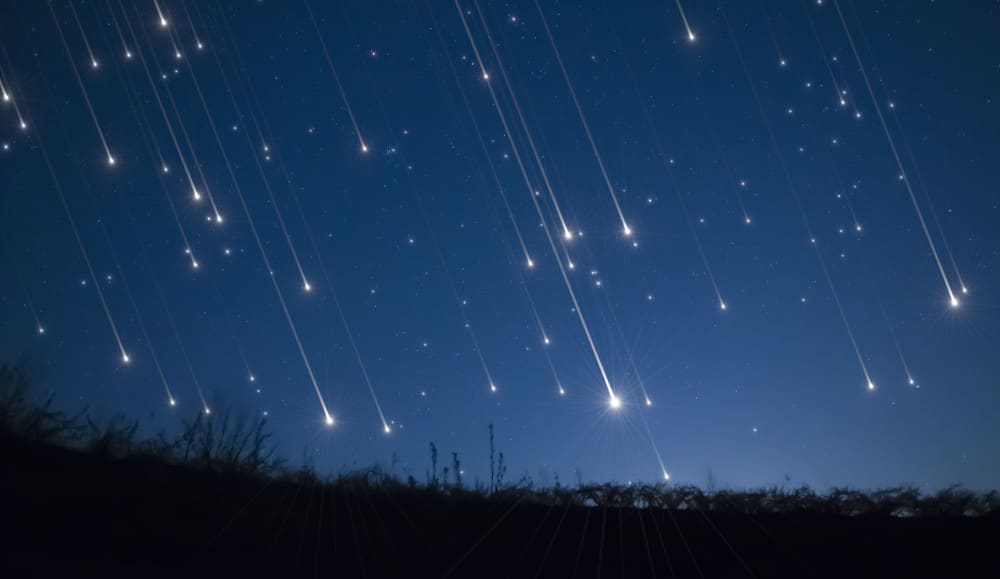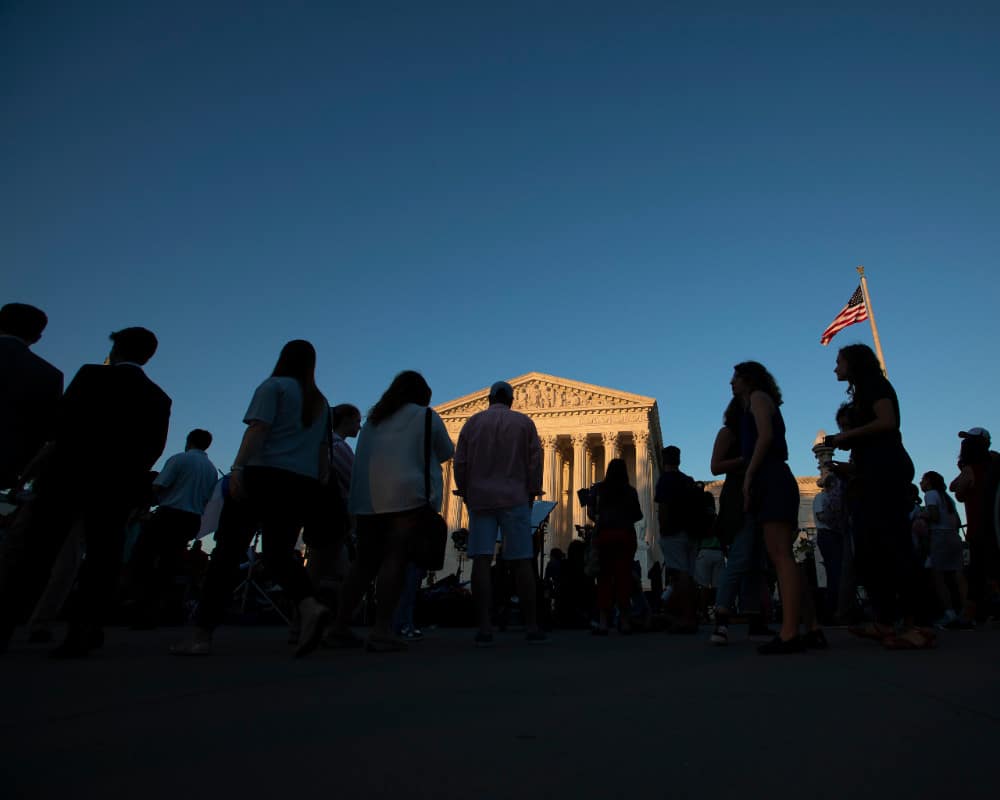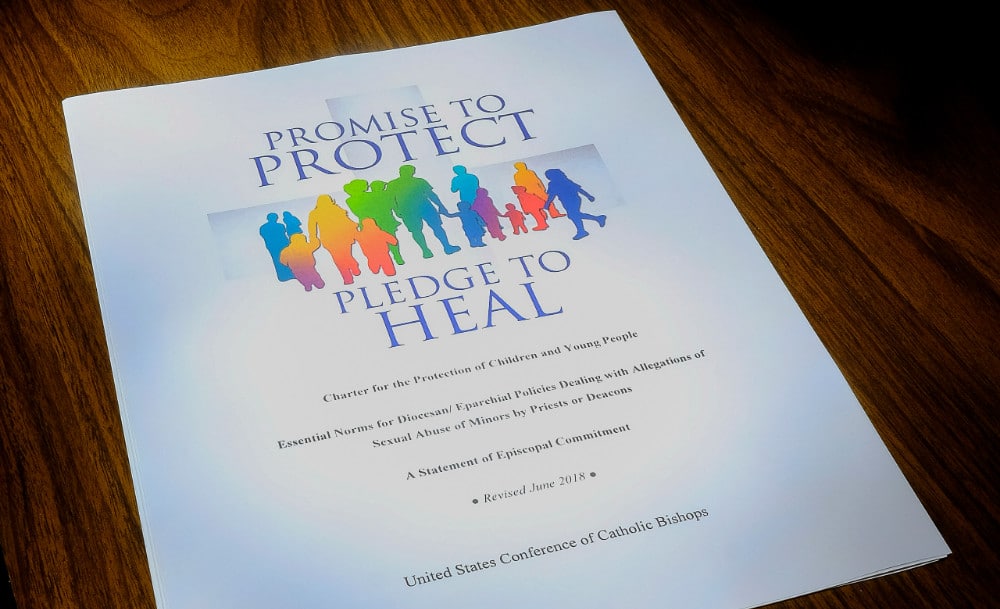 To say that abortion is the singular most important moral issue of our times is perhaps an understatement. So much depends on how we as citizens treat the most innocent life. With the leaking of the Supreme Court’s preliminary judgment in a case that could overturn Roe v. Wade, we see our nation coming to a type of reckoning.
To say that abortion is the singular most important moral issue of our times is perhaps an understatement. So much depends on how we as citizens treat the most innocent life. With the leaking of the Supreme Court’s preliminary judgment in a case that could overturn Roe v. Wade, we see our nation coming to a type of reckoning.
The moral issue surrounding the taking of an innocent human life sometimes seems to be left out of the political argument that puts a woman’s right to her body above all law, both natural and civil. The overturning of the mistaken judgment of Roe v. Wade would leave the discussion of the moral issue to the states to decide, based on the will of the people. So, we must all ask ourselves: Is this a killing of an innocent human life that demands protection or not?
I recently went to a premiere of the new AppleTV+ series “Prehistoric Planet” that is now available for streaming. Executive produced by Jon Favreau and Mike Gunton, the series stars Sir David Attenborough as the narrator. With spectacular realism by the team that created “The Lion King” and “Jungle Book,” “Prehistoric Planet” transports viewers to the time when dinosaurs walked the earth. It’s a stunningly visual and informative series about the different dinosaur species. What struck me while watching it was that the script refers to the babies in the womb of the animal mother. It showed the beauty of a birth of a baby dinosaur as a truly miraculous event. It seemed so ironic since, in our country, we are debating the value of a human baby in the womb.
The United States was one of the first countries in the world to provide abortion on demand and consider it a human right. Roe invalidated any state laws that restricted abortion under 12 weeks from conception. States could impose bans on abortions past that time frame. Or, as in the case of the recent Reproductive Health Act, the state of New York allows abortion at any point in the pregnancy if the fetus is not viable or for the protection of the mother’s life. Without defining terms, that leaves the ability to have an abortion up until the point of birth. A recent California bill seeks to decriminalize “perinatal death due to a pregnancy-related cause,” with perinatal referring to the point of conception to one month following birth. Yes, after birth. Though the bill creator says that this does not decriminalize infanticide, the ambiguous wording leaves the bill open to misinterpretation. We may next be looking at the moral issue of killing a baby outside of the womb.
Does this bother us? It should!
Can we retrieve this country’s soul? Overturning Roe would put all decisions about abortion back into the power of the states. This would not be the end of the discussion but is another step on the journey to bring the moral issue of whether killing is permissible for any reason back into the consciousness of each citizen to consider. With our country’s founding documents based on a Judeo-Christian worldview, killing is a criminal act going against the law of God: “You shall not kill” (Ex 20:13). But it also goes against natural law, which maintains that certain universal moral standards are inherent in human beings.
How can the killing of an innocent human life ever be permissible? Pope Francis states in his address to diplomats, “If we deprive the weakest among us of the right to life, how can we effectively guarantee respect for every other right?” This evocative question demands our pondering because it touches the very soul of our nation and each individual citizen.
Sister Nancy Usselmann, FSP, is director of the Pauline Center for Media Studies in Los Angeles. She is a media literacy educator, writer, film reviewer, speaker and author of a theology of popular culture, “A Sacred Look: Becoming Cultural Mystics.”

